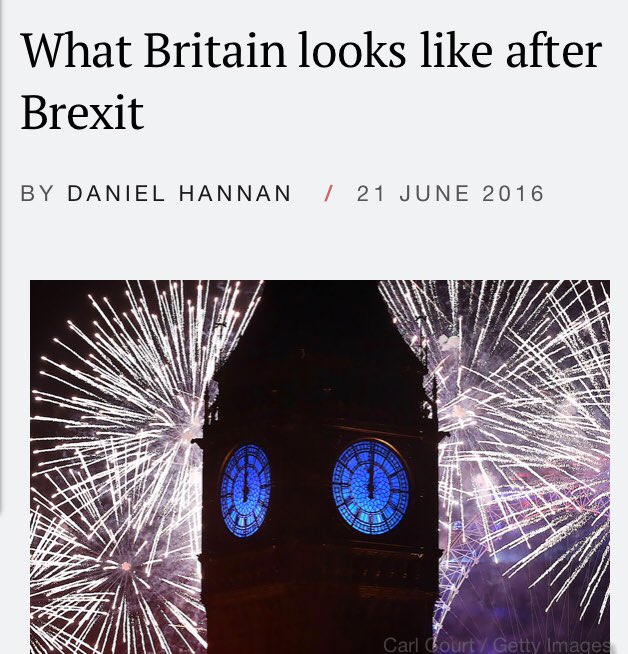
Four climate experts have just made statements to the Oireachtas Environment & Climate Action Committee which is considering Carbon Budgets. Some of their analysis really raises fundamental questions about whether we are getting this right at all. In no particular order ...
Ireland is subsidising fossil fuels to the tune of €2.4bn a year (CSO, 2019). At COP26 we agreed to start phasing those out, but for now Ireland plans only to produce a road map for cutting subsidies in 2024.
- Prof John Sweeney
- Prof John Sweeney
Ireland is wealthy, educated, low population density, with great renewables potential, but according to SEAI only 11% of our energy is green. In other words 90% of it is unsustainable and we have failed to reduce our emissions since 1990.
- Prof Kevin Anderson @KevinClimate
- Prof Kevin Anderson @KevinClimate
Our current Carbon Budgets fail to take account of emissions from Aviation and Shipping in a way that is legally questionable. If we included them we would have to adjust for a further 40 million tons of CO2e by 2030.
- Prof Barry McMullin @autofac
- Prof Barry McMullin @autofac
If a globally fair and equitable system of emissions cuts were to be applied and Ireland were to play its part in keeping global warming to 1.5 degrees we would have to reduce to Net Zero emissions by 2029 not 2050.
- Prof Kevin Anderson @KevinClimate
- Prof Kevin Anderson @KevinClimate
Our annual emissions cutting ambition needs to be closer to 11% than 7% per annum to fulfil Paris Agreement obligations.
- Prof John Sweeney
- Prof John Sweeney
Backloading actual emissions cuts to future carbon budgets places an unfair burden on future generations. It is interesting to note Germany's highest court recently held 55% cuts by 2030 infringed human rights of the young. New target there now 65%.
- Dr Andrew Jackson
- Dr Andrew Jackson
If Ag reduces emissions by only 33%, that means a 60% burden for the rest of society.
If Ag reduces by only 15%, that means an 80% burden on rest of society.
If only 10%, which is language used in Food Vision 2030, burden on rest of society "unmanageable"
- Prof John Sweeney
If Ag reduces by only 15%, that means an 80% burden on rest of society.
If only 10%, which is language used in Food Vision 2030, burden on rest of society "unmanageable"
- Prof John Sweeney
Ireland has still not delivered its long term (2050) emissions reduction strategy, despite the deadline for this having passed two years ago. All our strategies are reliant on technology that has not yet been invented or tested at scale.
- Dr Andrew Jackson
- Dr Andrew Jackson
The credentials of those experts ...
Andrew Jackson, Environmental Lawyer, UCD (written submission)
Barry McMullin, Dean of Engineering, DCU
John Sweeney, Emeritus Prof Climatology, NUIM
Kevin Anderson, Prof Energy and Climate change, Manchester University.
Andrew Jackson, Environmental Lawyer, UCD (written submission)
Barry McMullin, Dean of Engineering, DCU
John Sweeney, Emeritus Prof Climatology, NUIM
Kevin Anderson, Prof Energy and Climate change, Manchester University.
• • •
Missing some Tweet in this thread? You can try to
force a refresh









